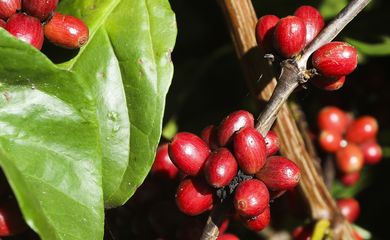Brazil: Commodity devaluation shrinks trade surplus in October

The devaluation of various commodities—primary goods with international price fluctuations—and the rise in imports driven by the economy's recovery led to a sharp decline in Brazil's trade surplus in October. Last month, the country's exports exceeded imports by $4.343 billion, a 52.7 percent drop compared to October 2023. This marked the lowest trade surplus for the month of October since 2017, when the surplus amounted to $4.095 billion.

The trade surplus for the first ten months of the year reached $63.022 billion, a 22 percent decrease compared to the same period in 2023. Despite the decline, this figure represents the second-highest surplus for this period in the historical series, which has tracked foreign trade statistics since 1989.
Compared to the previous month, exports declined while imports surged, driven primarily by natural gas and capital goods (used in production). In October, Brazil's exports totaled $29.461 billion, a 0.7 percent decrease from the same month in 2023. Meanwhile, imports reached $25.119 billion, marking a 22.5 percent increase.
On the export side, the decline in international prices of soybeans, corn, iron, steel, and sugar were the main drivers behind the drop in sales value. However, increases in exports of products such as coffee, cellulose, and beef helped offset the price declines of other commodities last month.
On the import side, purchases of medicines, engines, machinery, fertilizers, and chemicals saw an increase. The most significant rise, however, was in natural gas imports, which surged by 306.6 percent in value in October compared to the same month last year. Additionally, Brazil imported 187.3 percent more fuel by volume.
Volume
In October, the volume of goods exported increased by 6.6 percent, driven by higher sales of coffee, beef, and cellulose. However, average prices dropped by 6.7 percent compared to the same month last year. In terms of imports, the quantity of goods purchased surged by 34.2 percent, while average prices decreased by 8.5 percent.



